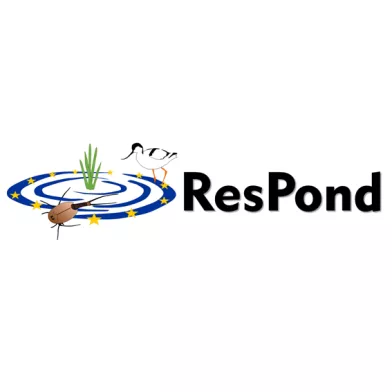RESPOND
Restoring and Managing Biodiversity and Ecosystem Services of Temporary Pond Landscapes

Partners
Partners
Animal Ecology, Global Change and Sustainable Development, KU Leuven
Biology, University Mohammed V
Environmental Biology, Adam Mickiewicz University
Ecology, Autonomous University of Madrid
Abstract
Abstract
Temporary ponds (i.e. ponds that seasonally dry) are a ubiquitous component of global biomes found from the equatorial forests to the arctic tundra. However, with the intensification of agriculture and hydrological modification of landscapes, these systems have largely disappeared in Europe and are often strongly degraded. Despite their unique biodiversity, most temporary ponds lack any formal protection. They also have a poor reputation. For instance, they are often overlooked or considered sources of mosquitoes. However, there are also strong indications that they fulfil important roles in landscapes but the full scope of ecosystem services they provide has not been quantified. Their biodiversity includes a threatened group of crustaceans: the large branchiopods. These have survived in temporary ponds since the Devonian period more than 350 million years ago and they are likely to have a disproportionately large effect on the proper functioning of these ecosystems as keystone species and ecosystem engineers. But this remains to be investigated.In this context, five major issues will be tackled in ResPond: the unprotected status of most temporary ponds in Europe (i), the degraded status of most of these ponds (ii), the variable success of temporary pond restoration and creation projects (iii), the poor understanding of temporary pond ecosystem services which may be due to the absence of keystone species (iv) and the poor knowledge/ bad reputation of temporary pond with regards to ecosystem disservices (e.g. as a source of mosquitoes).